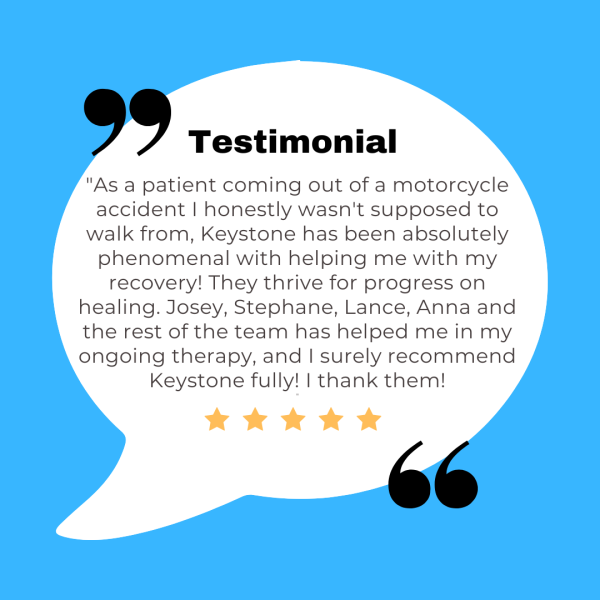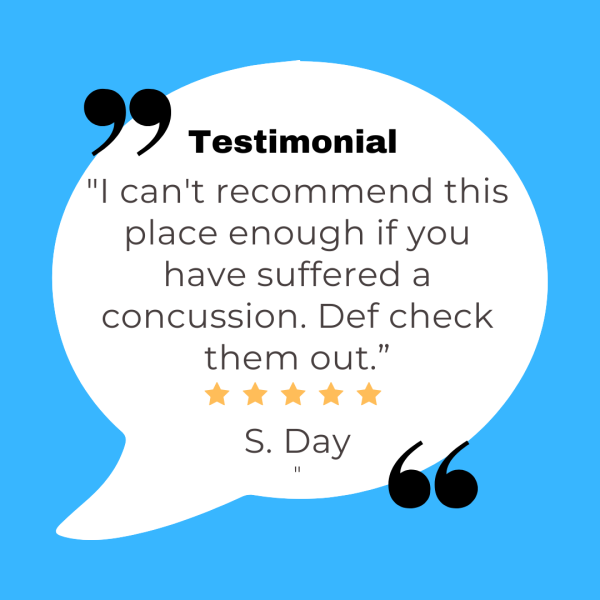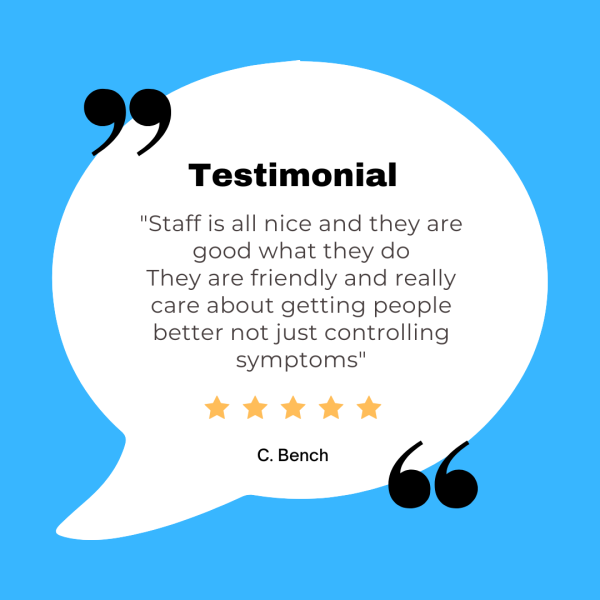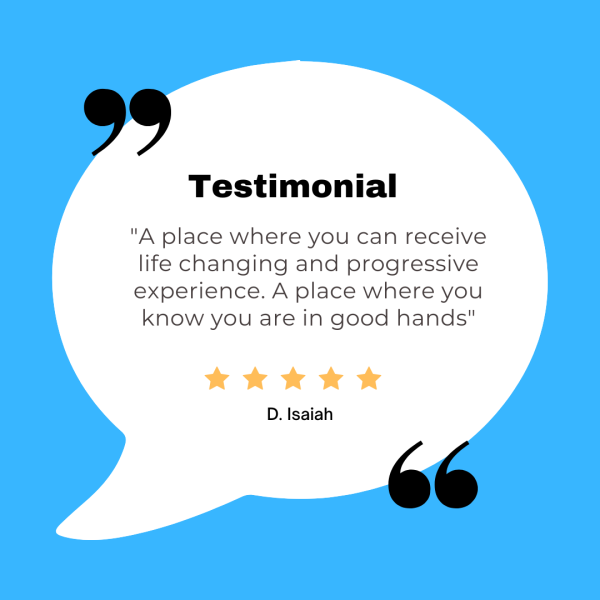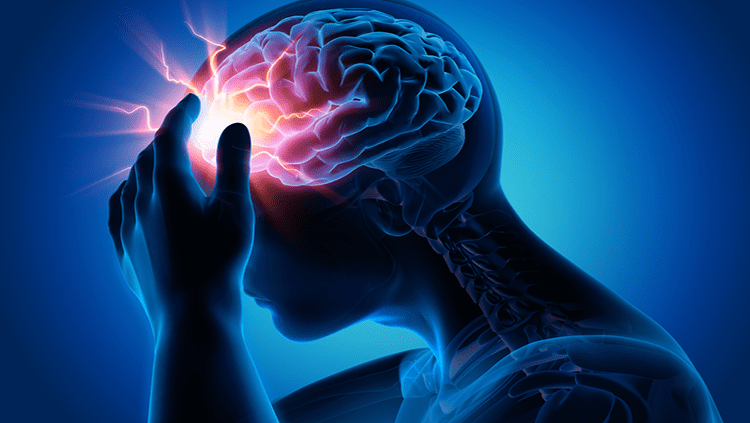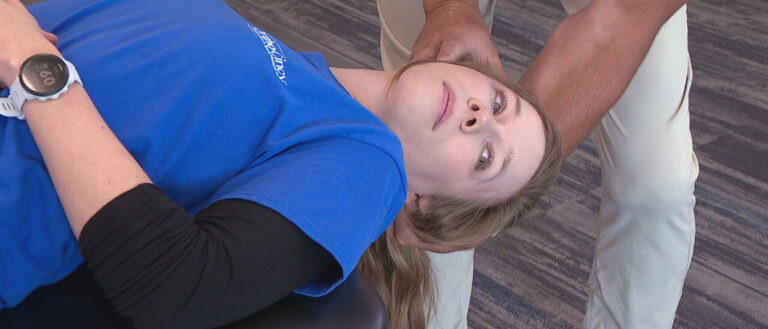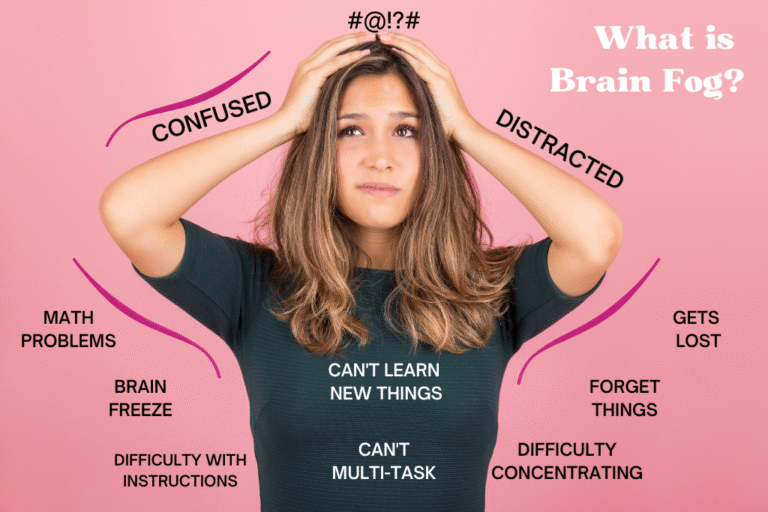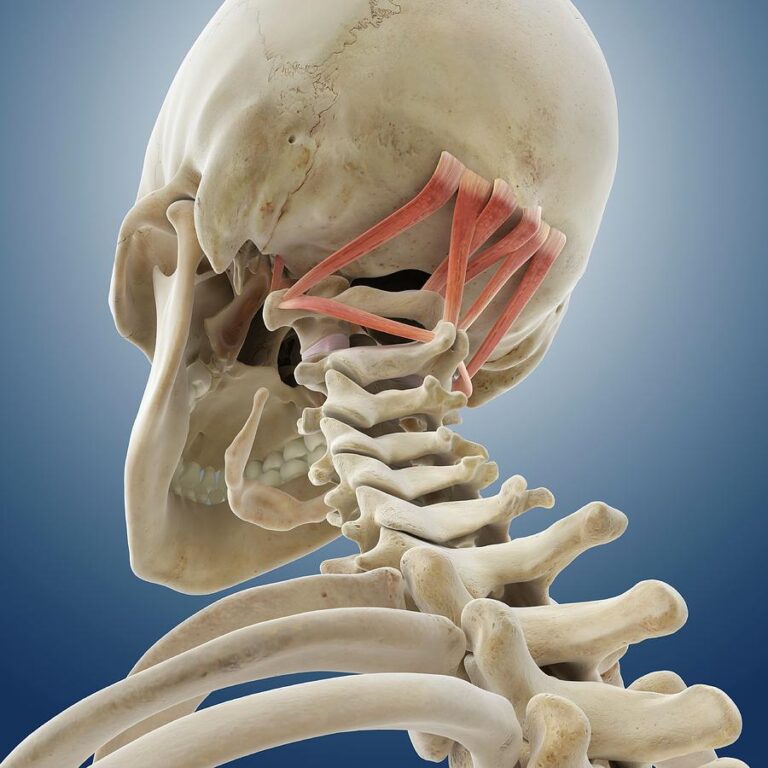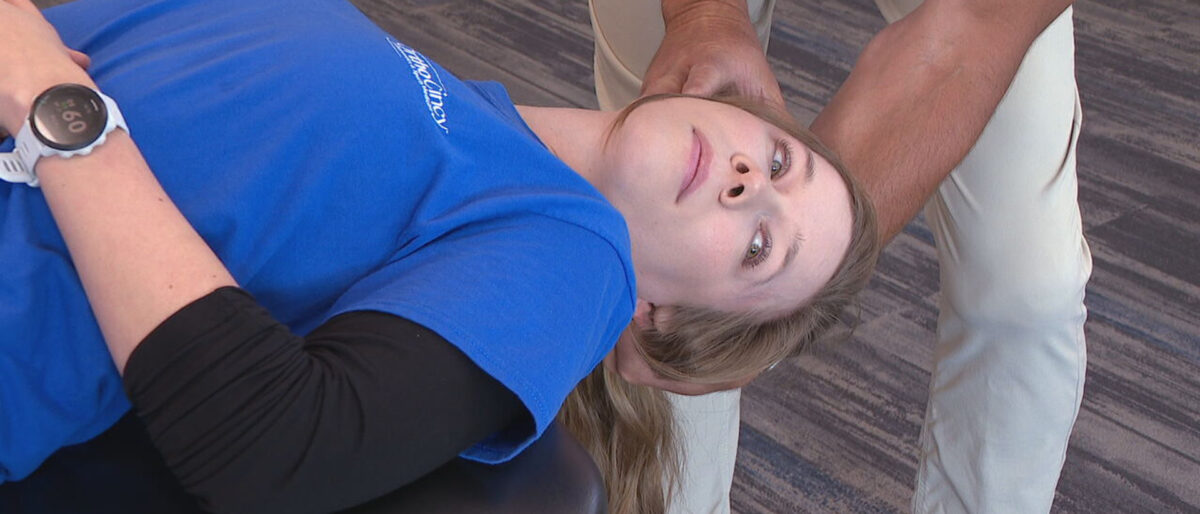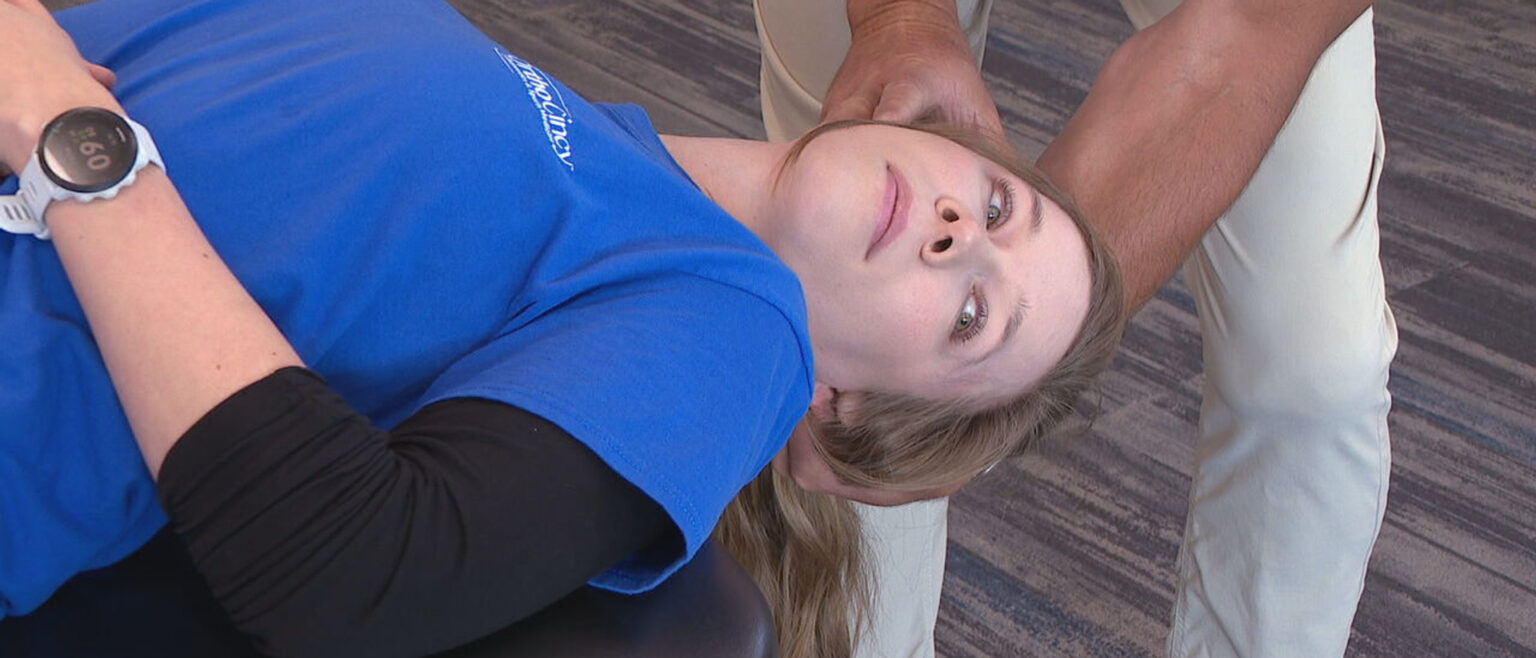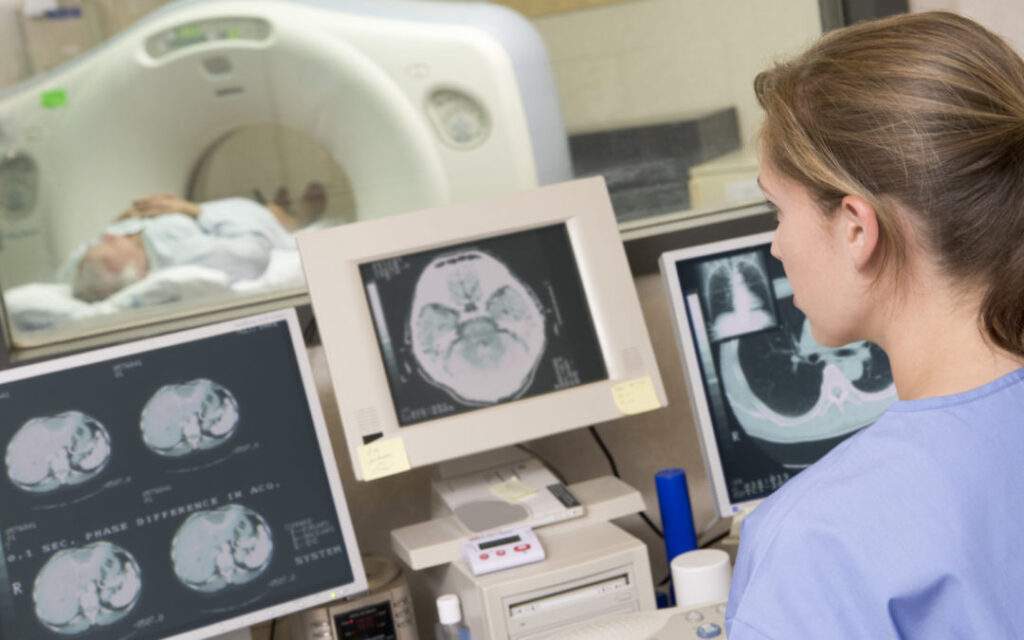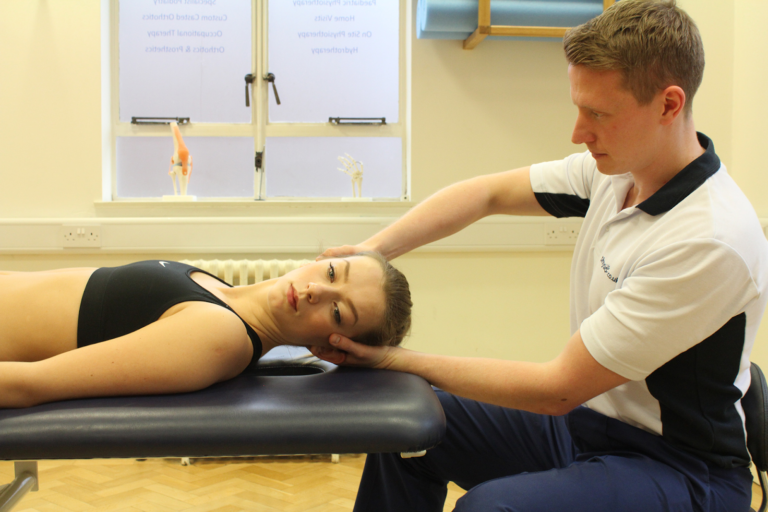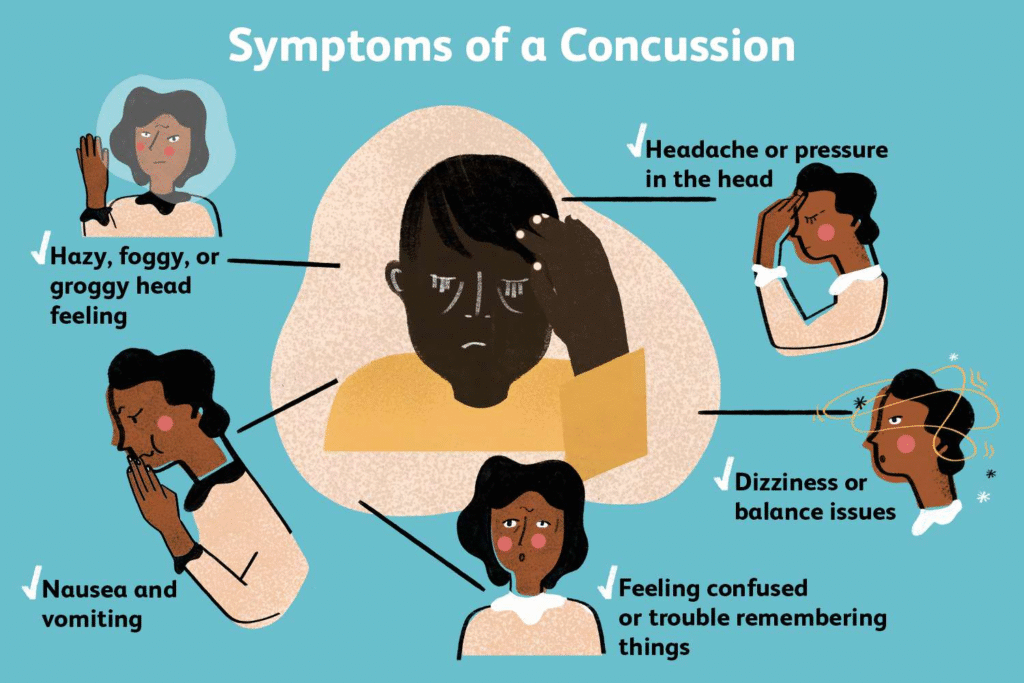
How Speech Therapy Helps Personal Injury Patients Recover From Traumatic Brain Injuries in Kansas City
Traumatic brain injuries are among the most misunderstood and often underestimated conditions seen after car accidents, work injuries, and falls. Many patients across Kansas City and surrounding areas like Overland Park, Lees Summit, Independence, Raytown, Liberty, Shawnee, and North Kansas City experience ongoing problems with communication, memory, and cognitive processing long after the initial trauma. These symptoms can interfere with work, relationships, and basic daily tasks. Unfortunately, many individuals never receive the proper neurological rehabilitation they need because their symptoms are often invisible from the outside.
Speech therapy plays one of the most important roles in traumatic brain injury recovery. At Keystone Medical Group in Kansas City, our speech language pathology program focuses specifically on communication, cognition, and real life functional abilities. Treatment helps injury victims regain control of their thinking, memory, and daily communication so they can return to the life they had before their accident.
This article explains how speech therapy supports recovery after traumatic brain injuries, why these services are essential for personal injury patients, and what to expect during treatment at Keystone Medical Group.
Understanding How TBIs Affect Communication and Cognition
A traumatic brain injury is not limited to a blow to the head. TBIs can occur even without direct head impact. Whiplash forces, rotational acceleration, and rapid deceleration can all injure brain tissue. These forces are common in Kansas City car accidents and workplace injuries.
After a TBI, patients may experience several communication and cognitive symptoms including
Trouble understanding spoken or written language
Difficulty finding the right words
Slowed thinking or processing
Difficulty multitasking
Memory problems
Difficulty following conversations
Problems organizing thoughts
Decreased attention span
Changes in speech clarity
Difficulty with planning or problem solving
These symptoms can occur in mild, moderate, or severe TBIs. Even a concussion can disrupt important neural pathways responsible for attention, language, and executive functioning. When these pathways are affected, daily life becomes significantly more challenging.
Many patients describe feeling mentally foggy or disconnected. Others struggle at work because they cannot process information quickly or remember instructions. Family members sometimes notice personality changes or social difficulties because the patient has trouble interpreting cues or staying engaged in conversation.
These problems are common, but they are treatable. Speech therapy provides structured rehabilitation to help restore these essential skills.

What Makes Speech Therapy Essential After a Brain Injury
Speech language pathologists are specialists in communication and cognitive functioning. After a TBI, they assess not only speech and language but also memory, attention, problem solving, reasoning, executive functioning, and swallowing when needed. This makes them essential providers in the personal injury recovery process.
Communication abilities are often affected more than patients realize
Many patients who come to Keystone Medical Group do not initially recognize the full extent of their communication deficits. They may know they are struggling at work or forgetting conversations, but they cannot pinpoint exactly why. Our detailed speech therapy evaluation identifies the cognitive and language domains most affected so we can create a targeted plan.
Cognitive deficits rarely improve on their own
Patients sometimes hope their cognitive issues will simply resolve with time. Although some healing occurs naturally, untreated deficits often remain for months or years. Early intervention with speech therapy can significantly reduce long term impairment.
Cognitive communication impacts work and legal cases
Personal injury patients often struggle with job performance, managing household tasks, and communicating their needs to attorneys, employers, and insurance adjusters. When cognitive and communication abilities are impaired, these responsibilities become overwhelming.
Speech therapy helps restore the mental functions that support independence, employment, and daily life.
Better outcomes occur with structured therapy
Brain injury recovery is not passive. Research shows that structured, repetitive, and targeted cognitive therapy promotes neuroplasticity. This means the brain develops new pathways that compensate for damaged areas. Speech therapy provides exactly that kind of structured rehabilitation.
The Most Common Cognitive and Communication Problems After TBI
Patients across Kansas City who come to Keystone Medical Group for speech therapy often share similar complaints, even when their injuries are very different.
Below are the most common problems we treat.
Word finding difficulties
Patients may know what they want to say but cannot retrieve the right words. This can lead to frustration, embarrassment, or avoidance of social conversations.
Reduced attention and concentration
Many individuals report feeling easily overwhelmed, especially in busy environments such as work, stores, or restaurants.
Slowed processing
Patients may need more time to absorb information, think through problems, or respond during conversations.
Memory problems
Short term and working memory are commonly affected. Patients may forget appointments, names, conversations, or instructions.
Difficulty following conversations
Rapid conversations or multiple speakers can overwhelm a healing brain.
Reduced organizational and planning abilities
This makes daily responsibilities harder, including managing finances, work duties, or household tasks.
Difficulty communicating at work
Many TBI patients feel nervous returning to work because they struggle with meetings, multitasking, and problem solving.
Social communication difficulties
Patients may misinterpret tone, miss social cues, or have trouble staying engaged in conversations.
All of these issues are appropriate for speech therapy. With proper treatment, most patients experience significant improvements.

How Speech Therapy Works at Keystone Medical Group
Speech therapy at Keystone Medical Group is personalized, functional, and focused on real progress. Our goal is to restore communication and cognitive abilities needed for independence, confidence, and quality of life.
Step 1
Comprehensive Evaluation
Your evaluation includes
Language testing
Speech clarity assessments
Memory and attention tasks
Executive function testing
Functional communication assessment
Swallowing evaluation if needed
This gives us a full picture of how your injury has affected your daily abilities.
Step 2
Development of a Customized Treatment Plan
Based on the evaluation, your speech language pathologist designs a targeted plan that may include
Cognitive communication therapy
Memory strategies
Attention training
Language exercises
Real world functional tasks
Speech clarity training
Swallowing therapy when needed
The plan evolves as you progress so therapy remains effective and relevant.
Step 3
Functional Training for Daily Life
Therapy focuses on real tasks you encounter in everyday situations, including
Work responsibilities
Family communication
Social interaction
Scheduling and time management
Multistep tasks
Problem solving
Return to school or academic demands
The goal is to create measurable improvements that matter in real life.
Step 4
Collaboration With Other Providers
Our speech therapists coordinate with our medical team, physical therapy, mental health providers, and outside specialists when needed. This ensures that every part of your recovery is connected and supported.
Step 5
Supporting Personal Injury Documentation
Speech therapy records such as evaluation results, progress notes, treatment plans, and functional assessments can play an important role in personal injury and workers compensation claims. Our team provides clear documentation and communication when appropriate to support your legal and medical needs.
Real Life Outcomes Patients Experience After Speech Therapy
Patients across Kansas City and the surrounding areas often experience significant improvements after consistent speech therapy at Keystone Medical Group. Common outcomes include
Faster processing and improved attention
Better ability to communicate at work
Reduced frustration when speaking
Improved memory for daily tasks
Clearer and more organized communication
Increased independence
Better ability to manage stress in social situations
More confidence navigating conversations or multitasking
Improved relationships due to clearer communication
These improvements often translate into stronger job performance, smoother daily functioning, and a higher quality of life.
Speech Therapy and Return to Work After a Brain Injury
Many patients worry about returning to work and whether they will be able to perform at the same level as before. Speech therapy helps prepare patients by targeting skills such as
Processing speed
Task switching
Organization
Verbal communication
Memory for instructions
Problem solving
Documentation and writing tasks
Handling busy or noisy environments
Our therapy also includes simulated work tasks such as reading emails, managing schedules, and completing timed assignments to ensure patients are ready for the demands of their job.
Why Kansas City Patients Choose Keystone Medical Group
Patients choose Keystone Medical Group because our approach combines medical knowledge, rehabilitation expertise, and a patient centered model. Individuals recovering from TBIs and personal injuries appreciate that we provide
A multidisciplinary medical team
A dedicated TBI therapy program
Patient friendly scheduling
Thorough evaluations
Personalized treatment plans
Functional outcome based therapy
Support for personal injury documentation
Expertise in concussion and brain injury care
We proudly serve patients across Kansas City, Lees Summit, Overland Park, North Kansas City, Liberty, Raytown, Shawnee, Belton, Blue Springs, and surrounding areas.
When to Seek Speech Therapy After an Injury
If you notice any of the following symptoms after an accident or injury, you should schedule a speech therapy evaluation
Difficulty concentrating
Trouble remembering new information
Slower thinking
Trouble finding the right words
Problems following conversations
Difficulty expressing ideas
Trouble managing daily responsibilities
Difficulty understanding instructions
Slurred or unclear speech
Swallowing problems while eating
Even mild symptoms can be a sign of deeper cognitive disruption.
Schedule an Evaluation Today
If you or a loved one is recovering from a traumatic brain injury or personal injury and experiencing communication or cognitive difficulties, the speech therapy team at Keystone Medical Group can help.
Call Keystone Medical Group at 816 705 2842 to schedule your appointment.
